Health literacy
You may be familiar with the concept of health literacy if you have completed the Carbohydrate counting unit recently, as part of the Remote DAFNE educator programme. If you have not completed the Carbohydrate counting unit recently this section will give you an overview of health literacy.
Literacy is defined as ‘the ability to understand and respond appropriately to written texts’.
Numeracy is defined as ‘the ability to use numerical and mathematical concepts’.
The term ‘health literacy’ is used to encompass both literacy and numeracy issues in a healthcare situation and is considered more complex than ‘literacy’ alone.
Those who do not usually struggle with literacy and numeracy may face health literacy challenges. Health literacy can affect us all, particularly if we are overwhelmed by anxiety or worry; for example, coming to terms with the diagnosis of type 1 diabetes, developing a complication of diabetes or the worry of everyday diabetes management.
Health literacy is about people having enough knowledge, understanding, skills and confidence to use health information, to be active partners in their care, and to navigate health and social care systems. Health literacy is being increasingly recognised as a significant public health concern around the world.
Evidence suggests that health literacy interventions at both system and practitioner level can impact positively upon health behaviours and health outcomes in those with low health literacy.
DAFNE participant resources are regularly reviewed and updated, working towards presenting information in a way that supports health literacy.
It is important that your approach to session delivery also supports health literacy. The methods used to teach a group of medical students or other healthcare professionals are unlikely to be appropriate for DAFNE course delivery.
Effective course delivery



